www.ei-ie.org/25-08-2016/
La importancia de garantizar el acceso a todos a una educación en la primera infancia de calidad en los países de África Occidental y Central se destacó en un taller organizado por la BREDA de la UNESCO en Dakar, Senegal, los días 27 y 28 de julio.

Este taller técnico sobre la medición de los resultados y la calidad del aprendizaje en la primera infancia en determinados países africanos, parte de la iniciativa Measuring Early Learning Quality and Outcomes (MELQO), reunió a representantes de los ministerios de educación de Cabo Verde, Côte d’Ivoire, Malí, Senegal, Tanzanía y Togo, y de organizaciones internacionales, entre ellas las oficinas de la UNESCO en Tanzanía y Togo, el Programa de Análisis de los Sistemas Educativos de la Conferencia de Ministros de Educación de los Países de Habla Francesa, y la Internacional de la Educación (IE).
El objetivo del taller era proporcionar una plataforma de debate entre las partes interesadas de los países implicados en la medición de la educación en la primera infancia teniendo en cuenta los Objetivos de Desarrollo Sostenible (ODS) y en el contexto del proyecto MELQO, así como establecer conexiones con esfuerzos regionales para lograr resultados de aprendizaje de calidad.
Las Naciones Unidas y la Organización de Cooperación y Desarrollo Económicos, así como proyectos complementarios, se han comprometido a fomentar el acceso universal a una educación en la primera infancia de alta calidad, apuntó el Coordinador Regional de la IE en África, Pedi Anawi.
“El taller proporcionó una plataforma excelente para el debate sobre el examen de la medición como parte para alcanzar las prioridades nacionales en educación en materia de aprendizaje y desarrollo en la primera infancia, en particular en relación con la segunda meta del ODS 4 que insta a los gobiernos a, ‘para 2030, velar por que todas las niñas y todos los niños tengan acceso a servicios de atención y desarrollo en la primera infancia y a una enseñanza preescolar de calidad, a fin de que estén preparados para la enseñanza primaria’”, destacó Anawi.
La IE: La educación en la primera infancia es un derecho humano
Tras elogiar a la organización por implicar a docentes y sindicalistas de la educación, algo que aportó a la iniciativa un toque holístico, Anawi dio una presentación sobre los motivos por los que medir el aprendizaje en la primera infancia, al tiempo que resaltó la visión de la IE de la educación en la primera infancia como un derecho humano, y enumeró sus numerosos beneficios. También indicó que, como en otros niveles de la educación, la educación en la primera infancia requiere condiciones específicas para lograr unos resultados de calidad.
Concluyó afirmando que el propósito general de evaluar la educación en la primera infancia debería ser ayudar a docentes, administradores, responsables de elaboración de políticas, planificadores y otras partes interesadas a tomar las decisiones adecuadas acerca de la mejor manera de enseñar a los niños y las niñas, y recordando a las personas participantes la necesidad de invertir más en la educación en la primera infancia.
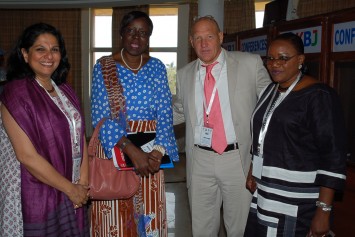
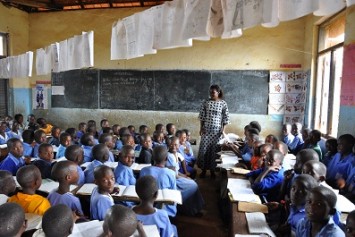
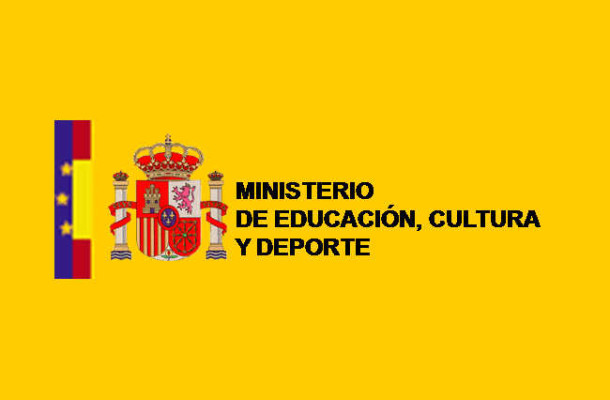

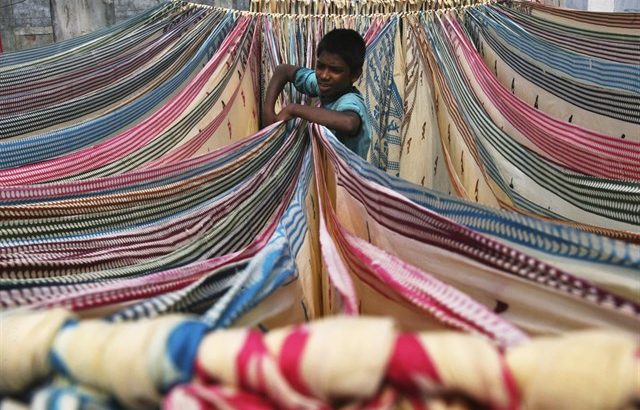
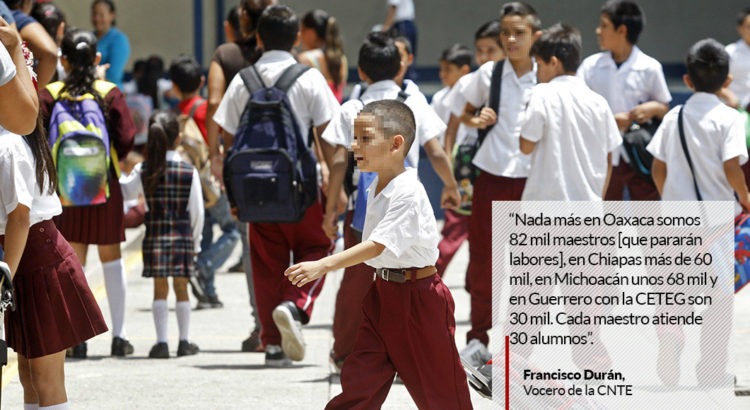
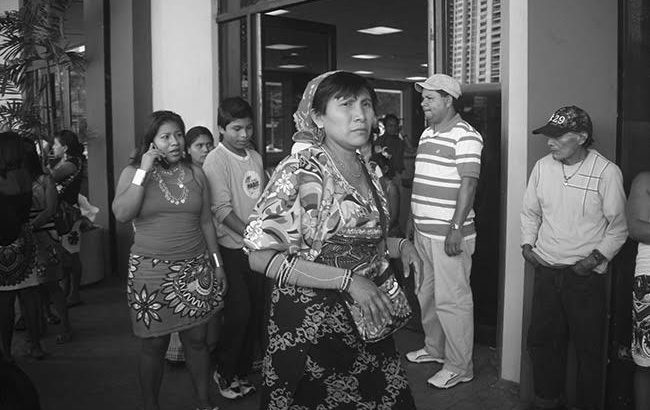







 Users Today : 10
Users Today : 10 Total Users : 35460551
Total Users : 35460551 Views Today : 10
Views Today : 10 Total views : 3419492
Total views : 3419492